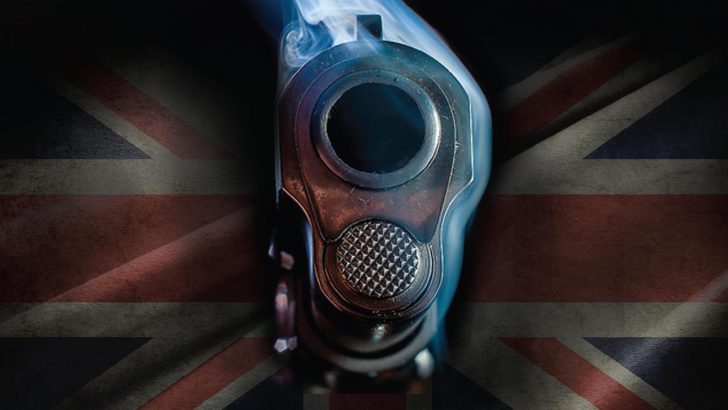Terrorism has horrific consequences. Among these consequences, and frequently not adverted to, are lack of respect for the truth, the undermining of the rule of law and the obstruction of justice. In this remarkable study the author, who has specialised in criminal law in England, Wales and Ireland since 1966, details how consequences such as these occurred in Northern Ireland during the communal violence between 1969 and 2007.
He was also legal adviser to Catholic Social Services for Prisoners, a charity helping prisoners and their families.
At the outset Michael O’Connell describes the genesis and evolution of Northern Ireland. It was established under the provisions of the Government of Ireland Act 1920 and designed by its political architects as a one-party state, which guaranteed the dominance of one segment of the population – Protestants, Unionists and Loyalists – over the other – Catholics, Nationalists and Republicans. There followed blatant discrimination with regard to education, employment, housing and voting in elections.
Vacuum
Inspired by the Civil Rights Movement in the US, a number of groups began to agitate for social justice in Northern Ireland. However, with the connivance of the authorities in Belfast and London they were literally beaten off the streets. The vacuum left was filled by the violent men and women of the Provisional IRA and other republican groups.
It was not surprising that the peaceful efforts to prompt social reform and justice foundered. O’Connell illustrates the extent to which the legal and political system in Northern Ireland had by that time become corrupt by citing the case of Patricia Curran. In 1953 Iain Hay Gordon, a Glaswegian, was accused of her murder and convicted following a criminal trial which was a travesty of justice. He was to spend seven years in a psychiatric institution before he managed to prove his innocence.
In 1971 Brigadier Frank Kitson published Low Intensity Operations in which he suggested that the successful prosecution of a counter-insurgency conflict necessitated the moulding of the criminal justice system as an instrument of state policy.
The legal and justice establishment in Northern Ireland did not need a second invitation to take up his suggestion. There followed an extraordinary number of cases of spectacular miscarriages of justice. Among them were the cases of the Birmingham Six, the Maguire Seven, the Guilford Four and that of Judith Ward. In these cases 18 innocent people were wrongly convicted of crimes and served long prison sentences before they managed to establish their innocence.
Their convictions were, for the most part, achieved by fabricated confessions they were forced to sign. In a memorable phrase these procedures were described by Sir John Woodcock, chief inspector of constabulary, as ‘noble cause corruption’.
It was no surprise that later when three policemen were sent for trial for falsifying evidence in the Guildford Four case, the State appeared more interested in concealing the truth than disclosing it.
While the officers of the law busied themselves in framing persons for crimes they did not commit, they were notably unsuccessful in investigating and bringing to court those who were responsible for the most horrific crimes.
On January 5, 1976 members of the Provisional IRA murdered ten Protestant workmen at Kingsmill, Co. Armagh, as they returned home from work. To date no one has been convicted for that atrocity. Allegedly that massacre was in revenge for the havoc caused throughout mid-Ulster by the Glenanne gang. Acting in collusion with the RUC, RUC Reserve and UDR, they singled out innocent Catholics and murdered 58 of them.
The gang’s headquarters was a farm, owned by James Mitchell, a one-time RUC Reservist. One of its members, former RUC Sergeant John Weir, confessed to his part in the gang’s activities and exposed the gang’s other members. He was sent to prison for life but no action was taken against the other members of the gang. The reason eventually became clear. The gang was run by MI5, British intelligence.
Michael O’Connell describes how John Stalker was prevented from investigating the ‘shoot to kill’ policy. He disentangles the obstructive tactics to prevent a thorough investigation into the murder of Belfast solicitor, Pat Finucane, and the murderous activities of Freddie Scappaticci (‘Stakeknife’), a leading MI5 informer.
In this important book with a forensic analysis of indisputable evidence O’Connell demonstrates that during the ‘Troubles’ Britain’s policy in Northern Ireland was based on one simple principle: total opposition to the unification of the Island of Ireland with little heed to the provision of justice of any kind.



